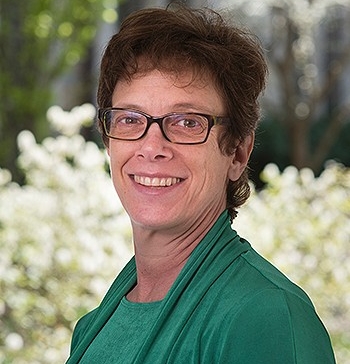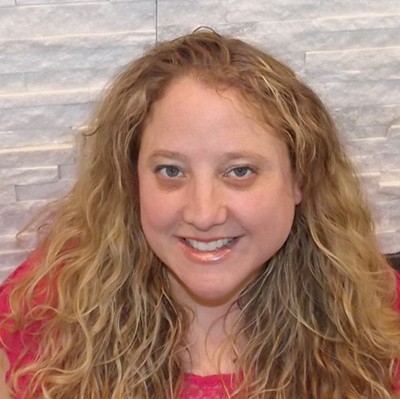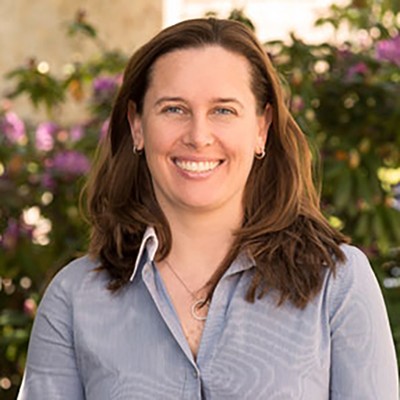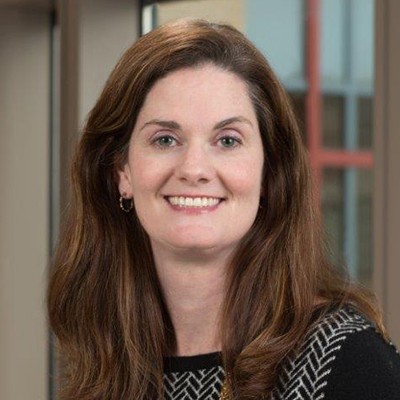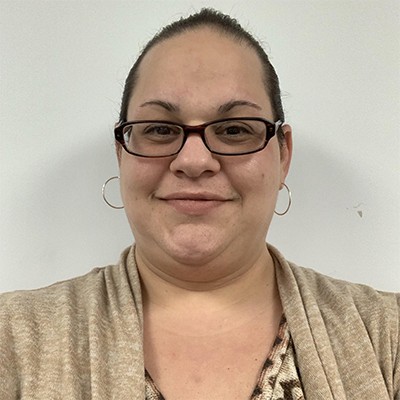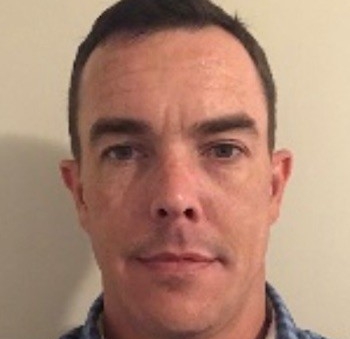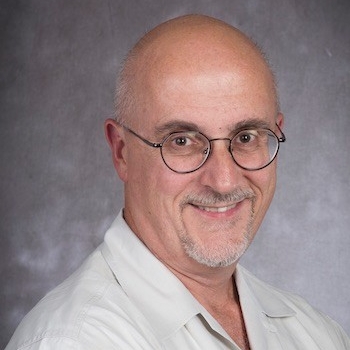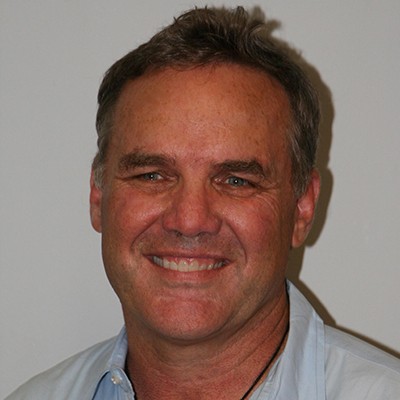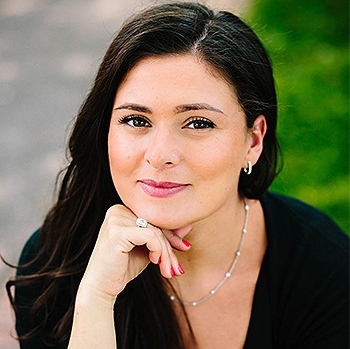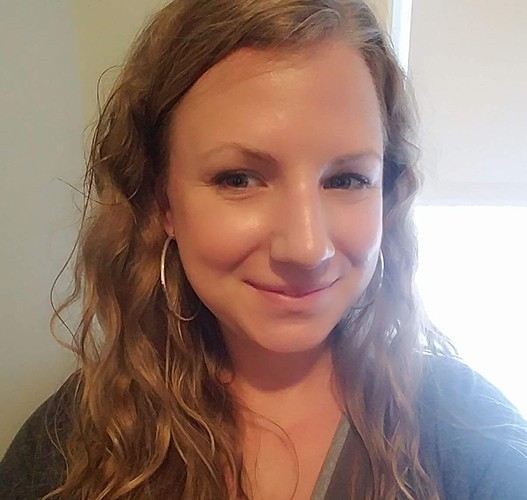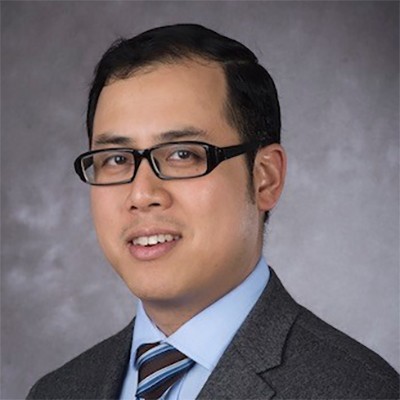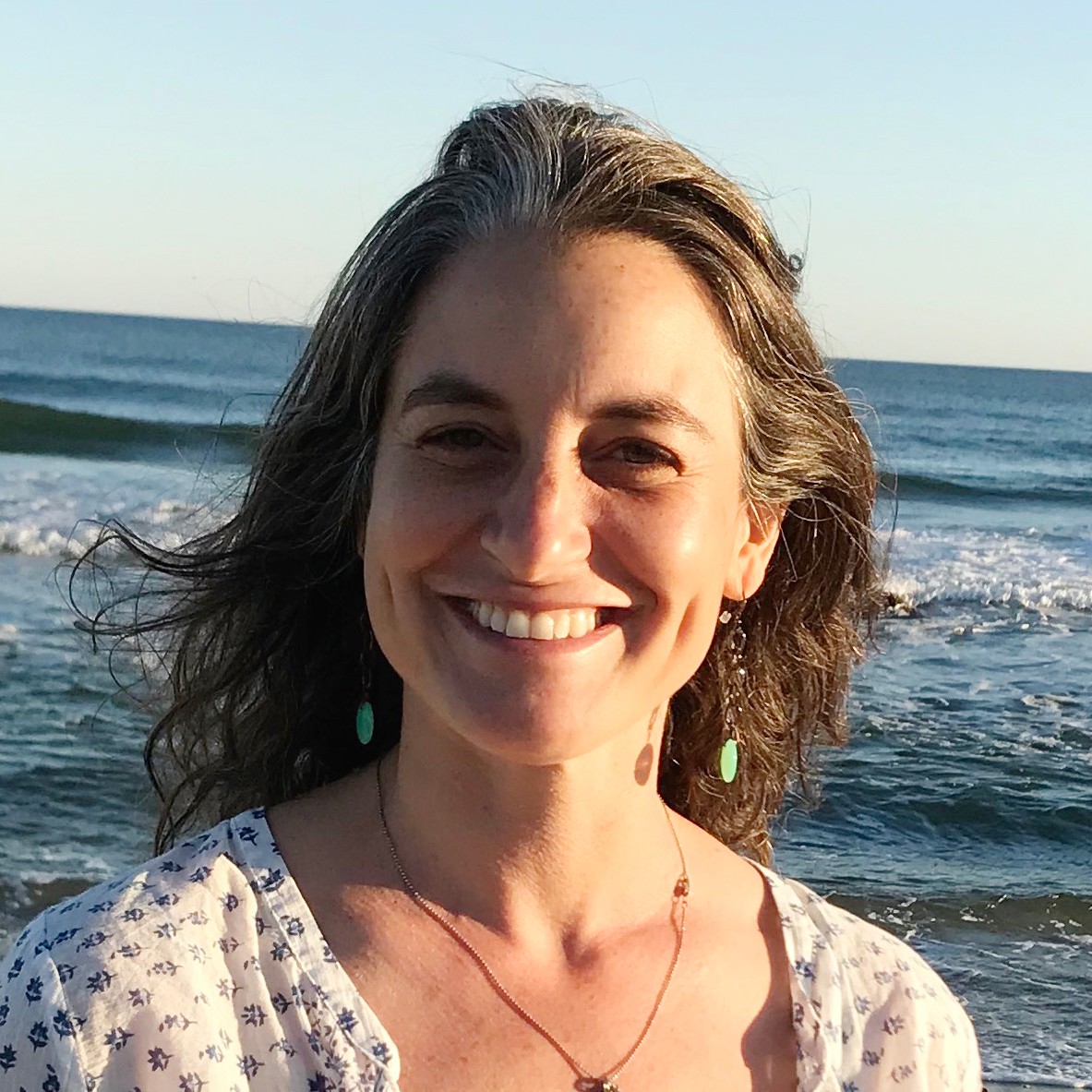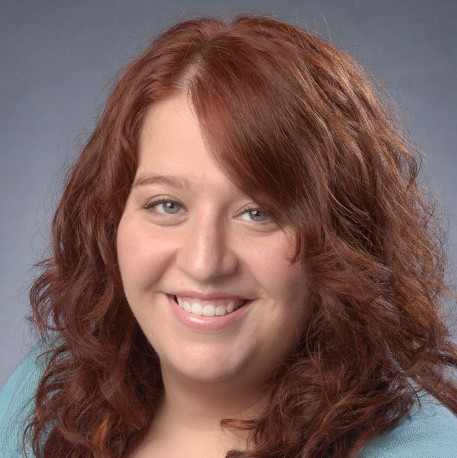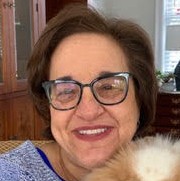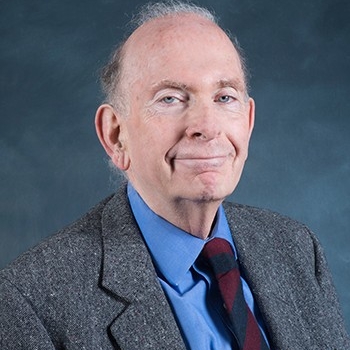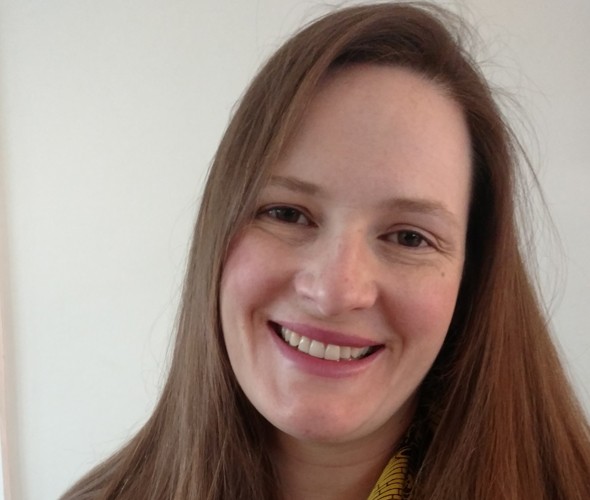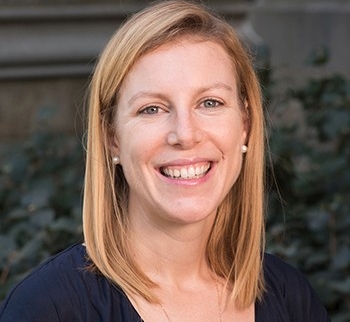Summer 2019 Courses
9:00 a.m.–4:00 p.m.
Concurrent Sessions I
Workshop A: Multi-Level Research Interventions for Victims of School-Based Bullying
Instructor: Barry H. Schneider, PhD
This workshop will provide an overview of the best interventions available for school-based bullying according to the most recent, rigorous evaluative research. Five highly diverse intervention programs that have been proven successful will be presented in detail. Specific issues in adapting these interventions to some of the most vulnerable populations (e.g., members of cultural minority groups, LGBT adolescents, and victims of child abuse) will be discussed. By means of didactic presentations, video-taped session excerpts, and role-play practice, participants will explore the programs in detail and leave knowing the steps they would need to implement them in their schools or professional practice settings.
9:00 a.m.–12:00 p.m.
Concurrent Sessions IA
Workshop B: Managing Grief Through Creative Expression
Instructor: Emily Newmann, LICSW
"Art washes away from the soul the dust of everyday life.” - Pablo Picasso
In this experiential workshop, participants will learn how to help clients process loss in verbal and nonverbal ways. Participants will not only talk about grief, but will also engage in different exercises aimed to help clients express their emotions and move towards healing after loss. In this session, participants will write, create art (stick figures are great!), listen to music, and practice mindfulness exercises. Additionally, the group will discuss how these experiences decrease anxiety, depression, lower cortisol levels, and increase dopamine, creating calmer states of mind. Intense grief is often difficult to talk about; therefore, using different left-brain, nonverbal modalities of expression can help the heart heal more quickly as creativity inspires, calms, and re-positions ourselves in our lives.
1:00 p.m.–4:00 p.m.
Concurrent Sessions IB
Workshop C: Safety in the Field: Have We Become Complacent?
Instructor: Mary Baveghems, LICSW & Carrie Eichman, BA
This workshop will examine safety concerns for social workers and professionals working in community-based settings, and will focus on safety, prevention, and preparedness. Participants will develop personal safety plans and identify strategies to prevent complacency. The goal of this workshop is to empower participants to strengthen their professional connections within the community in order to improve safety for all.
9:00 a.m.–12:00 p.m.
Concurrent Sessions II
Workshop D: Parent Guidance in the Context of Family Work
Instructor: Alexis Davis, LICSW
Working with families is so much more complex than working with individuals. This workshop will involve an in-depth discussion about how to assess family needs and dynamics in order to determine the best treatment plan. Participants will be introduced to multiple approaches to parent guidance work (such as Positive Discipline and Collaborative Problem Solving) and learn concrete tools to help families improve relationships and manage behavior.
Workshop E: Public Policy and Legislative Advocacy for Social Workers
Instructor: Ân H. Lê, JD, MSW
The social work profession involves the promotion of justice, compassion, choice, and opportunity, enshrined in the NASW Code of Ethics. However, laws and public policies often do not align with social work values, and decision-making regarding legislative and policy changes rarely uses a social work lens. Through lecture, discussion, and exercises, this workshop will educate participants on how social work perspectives and interventions can be used to advocate for social change at the legislative and public policy levels. Participants will also have the opportunity to practice some commonly used policy advocacy interventions.
1:00 p.m.-4:00 p.m.
Concurrent Sessions III
Workshop F: Private Practice 101: Bringing Your Ideas to Fruition
Instructor: Victoria Grinman, LICSW
In this workshop, the instructor will take participants through her journey of building a successful practice in NY and reestablishing it again in MA. Participants will get a sense of the logistics required to begin a private practice, build a unique brand, attract clients, and tap into the power of an online presence. Best of all, participants will walk away with a more defined vision for their business, and an increased motivation to bring their ideas to fruition. The instructor’s lens can be adjusted to participants’ own personal needs, and there will be time for discussion and questions to help tailor fit this information to one’s personalized goals.
Workshop G: Our Opioid Epidemic: A Macro and Micro View
Instructor: Leigh Hardy, LICSW
This workshop will review the current opioid epidemic from both a macro and micro perspective. First, attendees will learn about the macro factors that have created the current epidemic, including the current status of the opiate lobby. Data from the Chapter 55 Overdose Report will be presented to explore the extent of this epidemic in Massachusetts, to identify at-risk populations, and to discuss clinical implications. Participants will learn about opioids, opioid use disorders, and helpful strategies for treatment. These strategies include assessing and treating stages of change as well as motivational interviewing techniques. Substance use disorder treatment programs, self-help groups, and Medication Assisted Therapy will also be discussed.
9:00 a.m.–4:00 p.m.
Concurrent Session IV
Workshop H: Integrating Solution Focused Therapy into Clinical Practice: Part 2
Instructor: Susan Lee Tohn, MSW, LICSW
Solution Focused work is ideal for these challenging times as the model meets the client's needs in fewer sessions than traditional models and is applicable to a culturally diverse clientele. Solution Focused Brief Therapy focuses on "change" not "problems" and is applicable to both the micro and macro levels of working with individuals, families, groups, and managed behavioral healthcare organizations. Solution Focused Therapy empowers people to create and realize their own solutions, and emphasizes strong rapport and active participation by both client and therapist. The training will challenge participants to explore their assumptions about therapy and provide them with many hands-on techniques they will be able to incorporate immediately into their work. This Part 2 training will cover later sessions and how to create the unique intervention message that includes the client's homework.
Pre-requisite: Integrating Solution Focused Therapy into Clinical Practice: Part 1, or equivalent knowledge. Part 1 will be offered as part of the Advanced Clinical Practice for Adults Certificate Program, June 14, 2019, 9:00 a.m. to 4:00 p.m.
9:00 a.m.–12:00 p.m.
Concurrent Sessions IVA
Workshop I: Fun & Creative Interventions for Children
Instructor: Alison Ratner Mayer, LICSW
This interactive workshop will explore fun and creative therapy interventions for children. Coming up with engaging and effective ideas and interventions can be overwhelming and exhausting. The amount of time it can take social workers to navigate and customize existing (and often expensive) intervention strategies can seem endless. Join in an experiential and hands-on workshop to learn fun, creative, and practical techniques to use with children and families.
1:00 p.m.–4:00 p.m.
Concurrent Sessions IVB
Workshop J: Pets and Their People: The Role of the Veterinary Social Worker
Instructor: Annette Scanlon, LICSW
For veterinary social workers (VSW), the focus is divided between clients and staff. The support offered is very similar to that provided in human hospice and palliative care, but the main difference is that the patient is a pet. As a result of the intensity of the human-animal bond, when a pet becomes ill or dies, pet owners are grief stricken. Veterinary staff are also faced, on a daily basis, with similar feelings of grief. In this workshop, participants will discuss the role of the VSW, crisis intervention, self-determination, effective communication with clients, having difficult discussions, the human-animal bond, grief and loss, bereavement interventions, moral distress, ethical conflict, and compassion fatigue.
Friday, June 7, 2019 • 9 a.m. to 4 p.m.
Location: Fulton Hall, Room 423
Instructor: Kelsey Taylor, LMHC
Course Description: Cognitive Behavioral Therapy for Children, Youth, and Families
Cognitive Behavioral Therapy (CBT) helps kids explore their thoughts, feelings, and behaviors, and how they are interconnected. CBT is used in the treatment of depression, anxiety, and trauma in children and adolescents. This course provides an orientation and overview of CBT. Learn practical skills for individual, group, and family therapy. Explore interventions focused on problem solving, cognitive restructuring, self-regulation, affect identification, and relaxation. Through case studies, interactive discussions, role-plays, and worksheets, you will take away practical CBT strategies to use immediately with any client. Review CBT evidence based treatment models, including Dialectical Behavioral Therapy (DBT), Trauma-Focused Cognitive Behavioral Therapy (TF-CBT) and Alternative for Families: A Cognitive Behavioral Therapy (AF-CBT).
CYF
Advanced Clinical Practice for CYF - Treatment Modality Elective
Course Fee: $125
CEUs: 6
Friday, June 14, 2019 • 9 a.m. to 4 p.m.
Location: Fulton Hall, Room 423
Instructor: Susan Lee Tohn, MSW, LICSW
Course Descripion: Integrating Solution Focused Therapy Into Clinical Practice, Part 1
Solution Focused work is ideal for these challenging times as the model meets the client's needs in fewer sessions than traditional models and is applicable to a culturally diverse clientele. Solution Focused Brief Therapy focuses on "change" not "problems" and is applicable to both the micro and macro levels of working with individuals, families, groups, and managed behavioral healthcare organizations. Solution Focused Therapy empowers people to create and realize their own solutions, and emphasizes strong rapport and active participation by both client and therapist. The training will challenge participants to explore their assumptions about therapy and provide them with many hands-on techniques they will be able to incorporate immediately into their work. This Part 1 training will include: the miracle questions, exceptions, and scaling for an initial session.
Part 2 will be offered as part of the Social Work Summer 2019 Worshops, on June 26, 2019, 9:00am to 4:00pm.
Adults
Advanced Clinical Practice for Adults - Treatment Modality Elective
Course Fee: $125
CEUs: 6
Friday, June 21, 2019 • 9 a.m. to 4 p.m.
Location: Fulton Hall, Room 423
Instructor: John D. Franchitto, MSW, LCSW, JD
Course Description: Issues Facing Older Adults
This course will explore various issues facing older adults in our aging society. We will discuss the challenges older adults face in their living environments, both within and outside of institutional facilities; examine legal issues faced by older adults, such as advanced directives, guardianships, and competency; the experience of dying, including end of life decision making and the role of spirituality, as well as bereavement and grief experienced by older adults who experience multiple losses. The course will also discuss various forms of dementia and the impact it has on older adults and their families, as well as caregiving. The impact of potential changes and challenges to the Medicare and Medicaid system will also be reviewed.
Adults
Advanced Clinical Practice for Adults - Treatment Focus Elective
Course Fee: $125
CEUs: 6
Friday, July 12, 2019 • 9 a.m. to 4 p.m.
Location: Fulton Hall, Room 423
Instructor: Adeline Wyman Battalen, PhD, LICSW
Course Description: Sexuality and Gender for Children, Youth, and Families
This course is designed to explore what sexuality and gender mean for children today. Participants will learn about current definitions and language, how to work with children across developmental/chronological stages, in various settings (e.g., school, doctor's office), and how to support children with growing and feeling confident in their identity. This course will also address topics and special considerations when working with children of same-sex or LGBT-identified parents.
CYF
Advanced Clinical Practice for CYF - Treatment Focus Elective
Course Fee: $125
CEUs: 6
Friday, July 19, 2019 • 9 a.m. to 4 p.m.
Location: Fulton Hall, Room 423
Instructor: Chitra Gopalan, LMHC
Course Description: Motivational Interviewing with Children, Youth, and Families
Motivational Interviewing (MI) is an evidence-based practice that is broadly used by practitioners. This approach can be used with clients with a variety of mental health, substance use, or physical health disorders. MI interventions involve empathically collaborating with the client to enhance a sense of intrinsic motivation for change while understanding, addressing, and resolving ambivalence. This course will review the fundamental principles of MI, highlight the techniques for facilitating change that are associated with this approach, and consider the circumstances in which MI can be effectively employed. The Transtheoretical Model of Change will also be reviewed, as will MI interventions that guide progress through the stages of change.
CYF
Advanced Clinical Practice for CYF - Treatment Modality Elective
Course Fee: $125
CEUs: 6
Friday, July 26, 2019 • 9 a.m. to 4 p.m.
Location: Fulton Hall, Room 423
Instructor: Jessica M. Black, PhD
Course Description: Neuroscience of Self and Society
This course introduces research on brain development as it pertains to both clinical and macro work with populations across the life course. The course will examine how the brain and body are impacted by adversity, trauma, and toxic stress, and how these negative experiences influence physical and mental health. However, the healing upward spiral that can be built within the mind, body, and brain through attention to the positive is also very relevant to clinical work and therapeutic intervention. Therefore the course also emphasizes the biopsychosocial lens of resilience. Social work practice is blended with cutting edge neuroscience and genetics research to explore the many ways in which the brain is built through a positive social context. No background in the biological sciences is needed; all genetic and neuroscience content will be bridged with familiar social work terms, principles, and practice.
Core
Advanced Clinical Practice - Core Course
Course Fee: $125
CEUs: 6
Friday, August 2, 2019 • 9 a.m. to 4 p.m.
Location: Fulton Hall, Room 423
Instructor: Stephen R. Gaddis, PhD
Course Description: Narrative Therapy for Adults
This course will introduce students to the social justice perspective a Narrative Worldview offers when working with adults. A thorough examination of the distinction between Narrative and Normative Worldviews will be followed by an exploration of the two pillars of narrative practice: Deconstructing and Reauthoring. Students will learn about the radically respectful and collaborative approach that narrative therapists take in working with people who are experiencing problems in their lives and relationships.
Adults
Advanced Clinical Practice for Adults - Treatment Modality Elective
Course Fee: $125
CEUs: 6
Friday, August 9, 2019 • 9 a.m. to 4 p.m.
Location: Fulton Hall, Room 423
Instructor: Zane FitzGerald, LICSW
Course Description: Trauma Informed Care
Trauma and traumatic stress impacts the lives of individuals across all demographics and service systems. Human services organizations and entities are often tasked with responding to the biopsychosocial manifestations and stress responses, but do not always have the right tools and training to distinguish the symptoms from the source. Participants in this training will develop an understanding of trauma and the developmental impacts from early childhood through adolescence and into adulthood, and uncover the importance of infusing a trauma informed care approach to screening, assessment, diagnosis, and treatment. Intervention strategies gleaned from evidence-based practice models will be explored, along with resources for integration into a variety of practice settings.
Core
Advanced Clinical Practice - Core Course
Course Fee: $125
CEUs: 6


